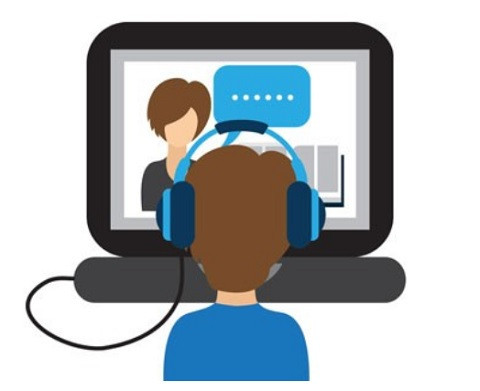
GCED Basic Search Form
Quick Search
Вы здесь
Новости

It takes a village to educate a child, and even more so in times of distance learning, when schooling goes virtual. A whole community approach and stronger partnerships are needed to make distance learning inclusive: this was one of the key takeaways from UNESCO’s first webinar on the educational response to Covid-19, which drew government officials, practitioners and experts from over 50 countries on 20 March 2020.
“Scientific knowledge and global collaboration are evolving more rapidly than we have ever seen,” said Ms Catherine Kane from the World Health Organization (WHO) who set the stage for the webinar. “We cannot emphasize enough the importance of partnerships, especially between education, labour and health to keep our population healthy, educated and active.” To address equity challenges, she recommended learning from approaches used in emergency situations, including measures to ensure that students who rely on school meals do not go hungry when schools close.
Restore a sense of community
In light of the gravity of the situation, Italy’s advisor to the Minister of Education, Professor Alberto Melloni, highlighted the importance of a whole community approach. “We are working with a real tragedy. Teachers are the ones who can connect online and offline to restore a sense of community”.
With over 8 million students out of school, the country is using a mix of approaches to leave no one behind and support families. To ensure that learning continues for all, the Ministry of Education announced an 85 million euro investment to deliver e-learning devices to the most disadvantaged students.
In Rwanda, where schools have been closed for a week, the Government is grappling with the surge in demand for e-learning platforms and connectivity problems. “We are dealing with issues of equity and have introduced zero-rate bandwidth fees so parents don’t have to pay,” said Ms. Christine Niyizamwiyitira, Head of Department of ICT in Education at the Rwanda Education Board. “We are also using different tools, from on-line platforms to radio and television broadcasting, including on STEM subjects.” The Board is developing learning guides to support students, parents, and teachers.
No substitute for a good teacher
The teacher’s central role in guaranteeing education continuity was stressed by the Director-General of France’s National Center for Distance Education (CNED), Mr Michel Reverchon-Billot. CNED’s national digital learning platform, My Class at Home is being used across the country, while the government is also providing devices and support to the 5% of students without internet access.
The role of the Ministry of Education in promoting collaboration between government, enterprises, universities, and schools was highlighted also by China’s Director-General of Department of Science and Technology, Ministry of Education, Mr Chaozi Lei, and Co-Dean of the Smart Learning Institute of Beijing Normal University, Mr Ronghuai Huang.
In this regard, the Ministry of Education has worked with education companies to provide free services and online curriculum resources for K12 students, universities, and the public. Training is also provided to help teachers adapt to the new learning environment and to master online teaching skills. Through a recent study, the Ministry of Education found that 80% of teachers are ready to use more ICT s in their work going forward.
Integrating different digital solutions to ensure a seamless learning experience was emphasized by Mr Hwansun Yoon from the Republic of Korea’s Education & Research Information Service (KERIS). KERIS runs a thematic e-portal that provides open educational content, an e-classroom space (E-Hakseupteo) where students receive personalized assistance, a platform for teachers to exchange on lesson plans and activities (School-On), as well as a Digital Textbook platform. Content is aligned with the national curriculum across all platforms from on-line to TV and radio. Furthermore, students are learning how to recognize fake news on the pandemic as part of their school activities via both digital and radio platforms.
The role of multilateralism
The webinar series is part of UNESCO’s COVID-19 Education Response to enable peer learning and sharing of experiences among all countries. “Against a global pandemic, we all realize the value of international cooperation, and the need to come together to share best practices and lessons learnt – across the globe, in Belgium, in Finland, in the Seychelles, countries are putting in place solutions to ensure learning continuity for all. Ministers have to address very specific situation and there is no “one size fits all” approach. We all need to learn from each other, and we can build a stronger education system out of this crisis” said Ms Stefania Giannini, UNESCO Assistant Director General for Education.
URL:
https://en.unesco.org/news/covid-19-unesco-convenes-education-webinar-equity-schooling
